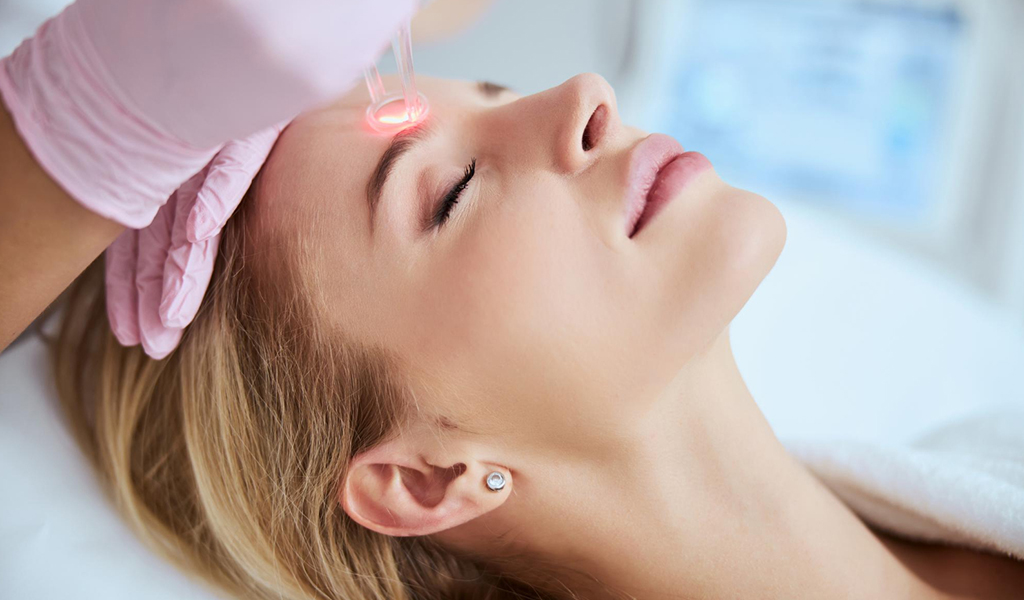
Things You Should Know Before Undergoing Laser Treatment
If it is your first time looking for acne treatment in Singapore, you will surely want to know more about how the treatment works and its side effects. According to experts, 95% of people who have acne will have some scarring. The goal of treatment is to make these acne scars from previous acne outbreaks look less noticeable. Even though this treatment does not completely get rid of the acne scars, it will make them hurt less and make your skin look better.
It is important to be aware of these fundamental facts below before your treatment. These things will help you to achieve impressive outcomes and avoid serious side effects.
How Does It Work?
When you have laser for acne scars, the laser’s heat will be focused on your skin’s top layers to break up the scar tissue. Your skin becomes smoother and the scar becomes less obvious as the top layer of your scar peels off. The laser’s heat and light also encourage the growth of new and healthy skin cells to replace scar tissue. Furthermore, the heat of the laser draws blood to the area to reduce inflammation, as blood vessels in the scar are targeted.
Overall, these factors reduce the appearance of raised and red scars as it makes them appear smaller. Additionally, your skin will start healing as new skin cells are formed, improving your skin’s texture and making it look healthier. Erbium YAG lasers, carbon dioxide (CO2) lasers, and pulsed-dye lasers are some common types of lasers used to treat acne scarring. These devices work in different ways, depending on the type of scarring that you have.
Lifestyle Changes Before Treatment
Before your acne scar removal, you may need to make some adjustments to your lifestyle to be eligible for treatment. Dermatologists advise patients to follow these steps for the best results and optimal healing:
- Stop smoking for at least two weeks before your treatment as it can extend your healing time.
- Do not take aspirin, vitamin E, and other supplements or medicine for 10 days before the treatment. They can also make the healing of your skin take longer.
- For two to four weeks before your treatment, stop using skin care products that contain glycolic acid, retinoids or retinol.
- If you are prone to cold sores or fever blisters, your doctor may prescribe an antiviral medication in advance to prevent bacterial infections.
- Do not stay under the sun for long periods or use a sunlamp and tanning bed. If you have a sunburn or a tan, you cannot be treated.
Medical Consultation Before Treatment
Prior to beginning any treatment with the help of laser, a consultation from medicine expert is essential as the person performing your treatment must be familiar with your individual needs. Your skin type, the characteristics of your scar, and your overall health must all be taken into consideration by your dermatologist to effectively treat your acne scar. This is also to ensure a safe treatment without any adverse effects.
At this stage, you should inform your dermatologist if you may develop cold sores or fever blisters around your mouth due to the treatment. Furthermore, you may express any concerns regarding your medical conditions, including diabetes, smoking, and taking any supplements or medications.
Risks and Side Effects
When using lasers to treat your acne scars, there are some potential dangers and side effects. The type of laser used, your skin type, and the number of treatments you need will all have an impact on these side effects. Common adverse effects include:
- swelling, redness, and pain at the treatment site – The pain that results from the laser typically subsides within an hour or two. Additionally, it can take up to ten days for the redness and swelling to go away.
- hyperpigmentation and bacterial infection – Even though these conditions are preventable, it is important to discuss your risk factors with your doctor before starting your treatment.
- fever, extensive swelling, or pus – You should immediately contact your provider or doctor if you experience these conditions after your treatment.
- burns, scarring or other injuries from the laser’s heat
Amount of Treatments Needed
You may require more than one treatment depending on your individual needs. A dermatologist may plan a series of laser treatments for a patient to get the best possible results that are also long-lasting. This is commonly required for non-ablative lasers. With this laser, you won’t have to take any time off but you might need a few treatments to get your ideal results.
In conclusion, meeting with a professional dermatologist is the best way to determine whether treatment though laser is right for you. At Gangnam Laser Clinic, our doctors are well-trained and guided by Korean medical professionals. We offer safe and effective treatments for your face, skin, and body using cutting-edge Korean aesthetic technology. Contact us today to learn more about our laser treatments!





